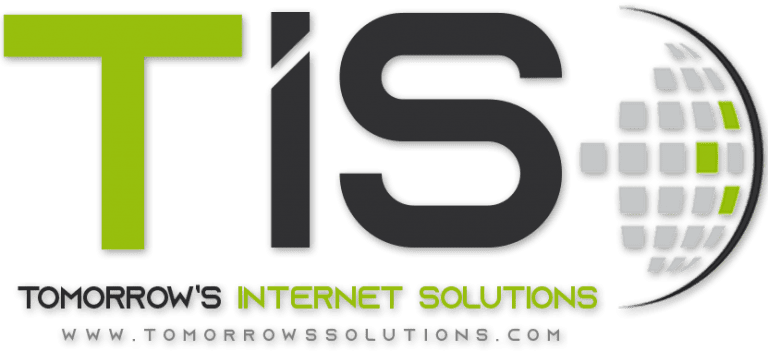Technological progress is advancing at an unprecedented rate, and it’s no surprise to anyone who’s witnessed the ChatGPT phenomenon. AI trends are reshaping industries, with artificial intelligence (AI) standing at the heart of this transformation. Businesses are quickly integrating AI-driven solutions to stay competitive. Even more notably, software giants like Microsoft are swiftly incorporating AI into their platforms, enhancing their capabilities at a remarkable pace.
The goal is to use AI to do things like:
- Streamline operations
- Automate tasks
- Reduce errors
- Boost business output
The 2024 Work Trend Index, a collaborative report from Microsoft and LinkedIn, offers key insights into the evolving role of AI in the workplace. This study highlights how AI is reshaping our work environment, bringing forward innovative perspectives and important factors to consider when integrating AI into daily operations.
As a business IT provider, staying informed on reports like these is essential. By grasping emerging trends, we can guide our clients through these shifts and enable them to harness AI’s potential to accelerate business growth.
AI Trends Transforming the Workplace
Next, we’ll dive into the keAI Trends Transforming the Workplacey trends outlined in the report and examine how they can influence your operations.
1. Employees Want and Expect AI at Work
Is your company falling behind in AI adoption? This could make it more challenging to attract and retain top talent. According to the study, 75% of knowledge workers are already using AI in their roles.
Employees recognize that AI can help them complete tasks more efficiently. However, a major concern is the slow pace of adoption by companies. For businesses, having a clear AI strategy is essential. Like any new technology, AI offers benefits—but only if implemented correctly.
The best approach is to collaborate with employees. Understand how they believe AI can support their work, providing a solid foundation for effective AI integration.
2. AI Skills are Becoming More in Demand
New job roles have emerged that didn’t exist just three years ago, with “prompt engineer” being one of the most notable. Employees who can effectively leverage AI to maximize results are in high demand.
The study also reveals that fears of job displacement due to AI have not materialized. Instead, companies are actively seeking talent with AI expertise. In fact, 55% of business leaders express concern about not having enough skilled workers to meet their AI needs.
Given the growing demand for AI proficiency, employers should prioritize AI training to enhance their teams’ skills. Employees, too, should take the initiative to improve their AI and prompt abilities. Learning to use AI productively benefits everyone.
3. The Evolving Role of Employees Using AI
The report also highlights a significant gap in how employees are utilizing AI. On one side, you have skeptics who rarely engage with AI, while on the other, there are “power users” who integrate AI extensively into their work.
These AI “power users” are gaining back over 30 minutes each day by optimizing their workflows with artificial intelligence.
Here are some of the ways AI can enhance roles and support various tasks:
- AI-driven automation
- Data analysis and reporting
- Customer support enhancement
- Document and policy drafting
Companies can leverage their AI power users to drive broader adoption. These employees can play a key role in training their colleagues, sharing their knowledge and expertise. Additionally, they can help develop foundational processes and templates that others can use to streamline and improve their own work.
4. Things Can Get Messy Fast without a Plan
Companies face significant pressure to demonstrate ROI, but many are still figuring out how to measure the impact of AI enhancements. At the same time, there’s a growing concern about being too slow to adopt AI.
This uncertainty has led to employees independently using AI tools, sometimes unsanctioned by the company, or utilizing AI in situations where a human touch might be preferred. This underscores the urgent need for businesses to establish a clear AI usage policy.
Without such a policy, it’s a “Wild West” environment. Companies should start by consulting with their IT provider for expert advice on how to implement an effective AI strategy.
5. The Ethical Considerations and Trust in AI
As AI continues to expand, it’s crucial to address the ethical implications. The Work Trend Index highlights three key areas of focus: transparency, privacy, and bias mitigation in AI systems.
Businesses must prioritize the ethical and responsible use of AI, ensuring clear communication with both employees and customers about how AI is being implemented. Establishing trust in AI is vital for its seamless and effective integration into the workplace.
Final Thoughts on AI in the Workplace
The 2024 Work Trend Index provides crucial insights into the transformative potential of AI in the workplace. Understanding these key trends and adopting AI strategically allows businesses to uncover new opportunities, boost productivity, and elevate employee satisfaction.
Get Expert Help with an AI Game Plan
We are dedicated to guiding you through the complexities of AI. Our expertise can help you harness its full potential to propel your business forward.
Reach out to us today to explore how we can assist in your AI journey.
